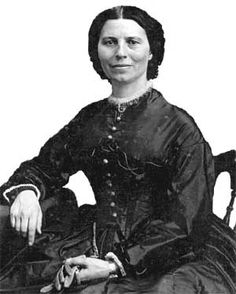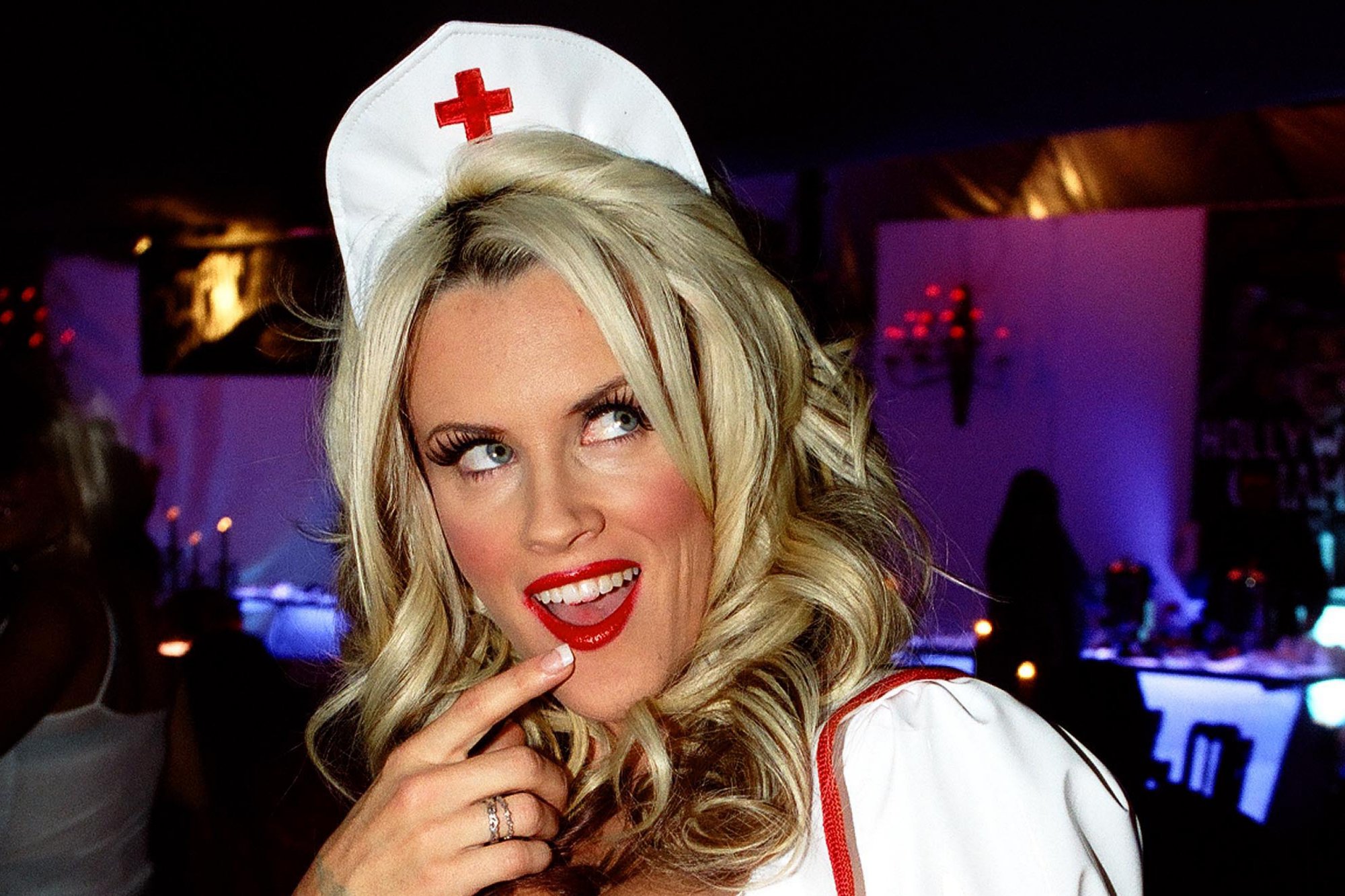Questioning expertise is important, but denying its existence suicidal.
The backlash against intellectualism in America began in earnest in the 1980s, and the rise of the Internet provided it with a remarkably powerful engine. Trained sitcom stars being supplanted by talent-free Youtube personalities is one type of a shock to the culture but that same rise-of-the-fan mentality moving into the Oval Office is an existential threat. Like the assault on facts and truth, it undercuts a civilization’s foundation. It’s a revenge of the mediocre, a self-loathing directed outward and one that harms us all.
From “The Death of Expertise,” Tom Nichols’ smart and spirited essay at the Federalist:
I fear we are witnessing the “death of expertise”: a Google-fueled, Wikipedia-based, blog-sodden collapse of any division between professionals and laymen, students and teachers, knowers and wonderers – in other words, between those of any achievement in an area and those with none at all. By this, I do not mean the death of actual expertise, the knowledge of specific things that sets some people apart from others in various areas. There will always be doctors, lawyers, engineers, and other specialists in various fields. Rather, what I fear has died is any acknowledgement of expertise as anything that should alter our thoughts or change the way we live.
This is a very bad thing. Yes, it’s true that experts can make mistakes, as disasters from thalidomide to the Challenger explosion tragically remind us. But mostly, experts have a pretty good batting average compared to laymen: doctors, whatever their errors, seem to do better with most illnesses than faith healers or your Aunt Ginny and her special chicken gut poultice. To reject the notion of expertise, and to replace it with a sanctimonious insistence that every person has a right to his or her own opinion, is silly.
Worse, it’s dangerous. The death of expertise is a rejection not only of knowledge, but of the ways in which we gain knowledge and learn about things. Fundamentally, it’s a rejection of science and rationality, which are the foundations of Western civilization itself. Yes, I said “Western civilization”: that paternalistic, racist, ethnocentric approach to knowledge that created the nuclear bomb, the Edsel, and New Coke, but which also keeps diabetics alive, lands mammoth airliners in the dark, and writes documents like the Charter of the United Nations.
This isn’t just about politics, which would be bad enough. No, it’s worse than that: the perverse effect of the death of expertise is that without real experts, everyone is an expert on everything. To take but one horrifying example, we live today in an advanced post-industrial country that is now fighting a resurgence of whooping cough — a scourge nearly eliminated a century ago — merely because otherwise intelligent people have been second-guessing their doctors and refusing to vaccinate their kids after reading stuff written by people who know exactly zip about medicine. (Yes, I mean people like Jenny McCarthy..)
In politics, too, the problem has reached ridiculous proportions.•
Tags: Tom Nichols


